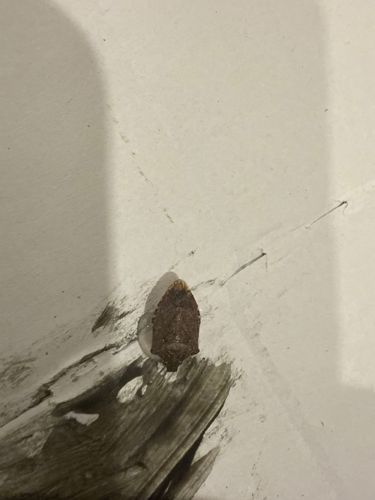Brown Marmorated Stink Bug
Scientific Name: Halyomorpha halys
Order & Family: Hemiptera, Pentatomidae
Size: 12-17 mm (0.47-0.67 inches) long

Natural Habitat
Originally from East Asia (China, Japan, Korea, Taiwan), it has become an invasive species in North America and Europe. It inhabits agricultural fields, orchards, gardens, and can move indoors into homes and structures as temperatures drop in autumn.
Diet & Feeding
Polyphagous, feeding on a wide variety of plants including fruits (apples, peaches, berries), vegetables (corn, tomatoes, soybeans), and ornamental plants. They use piercing-sucking mouthparts to feed on plant sap, causing damage to fruits and crops.
Behavior Patterns
Known for emitting a foul odor when disturbed or crushed, which is a defense mechanism. They are attracted to lights at night and frequently aggregate on the sides of buildings. In late summer and fall, they seek sheltered places to overwinter, often entering homes and other structures in large numbers. While indoors, they typically remain dormant, but can become active if warmed.
Risks & Benefits
Potential risks: Considered a significant agricultural pest due to its extensive diet and ability to damage a wide range of crops, leading to economic losses. As a nuisance pest, large numbers entering homes can be bothersome, though they do not bite humans or transmit diseases. Potential benefits: None noted for humans; in their native range, they are part of the food web, but as an invasive species, their impact is primarily negative.
Identified on: 9/18/2025